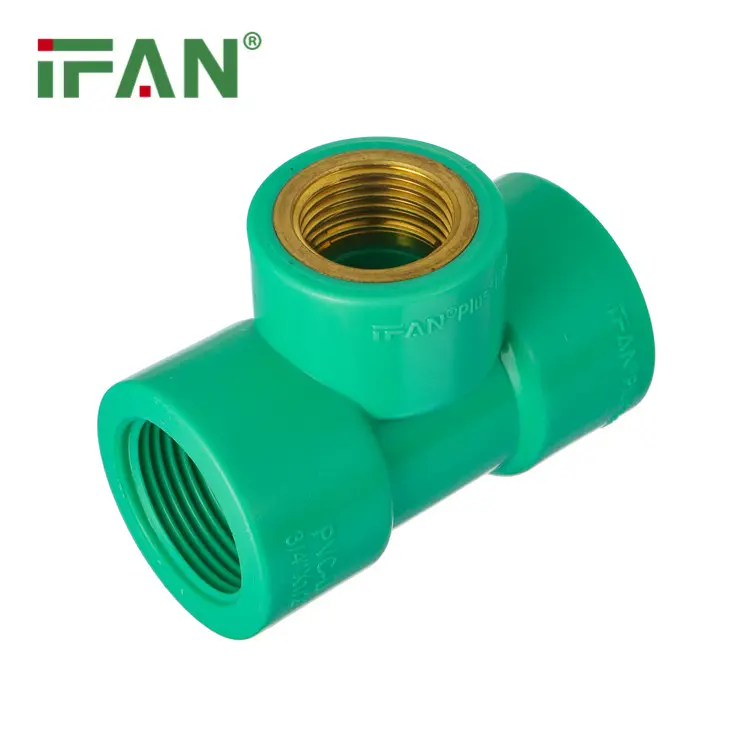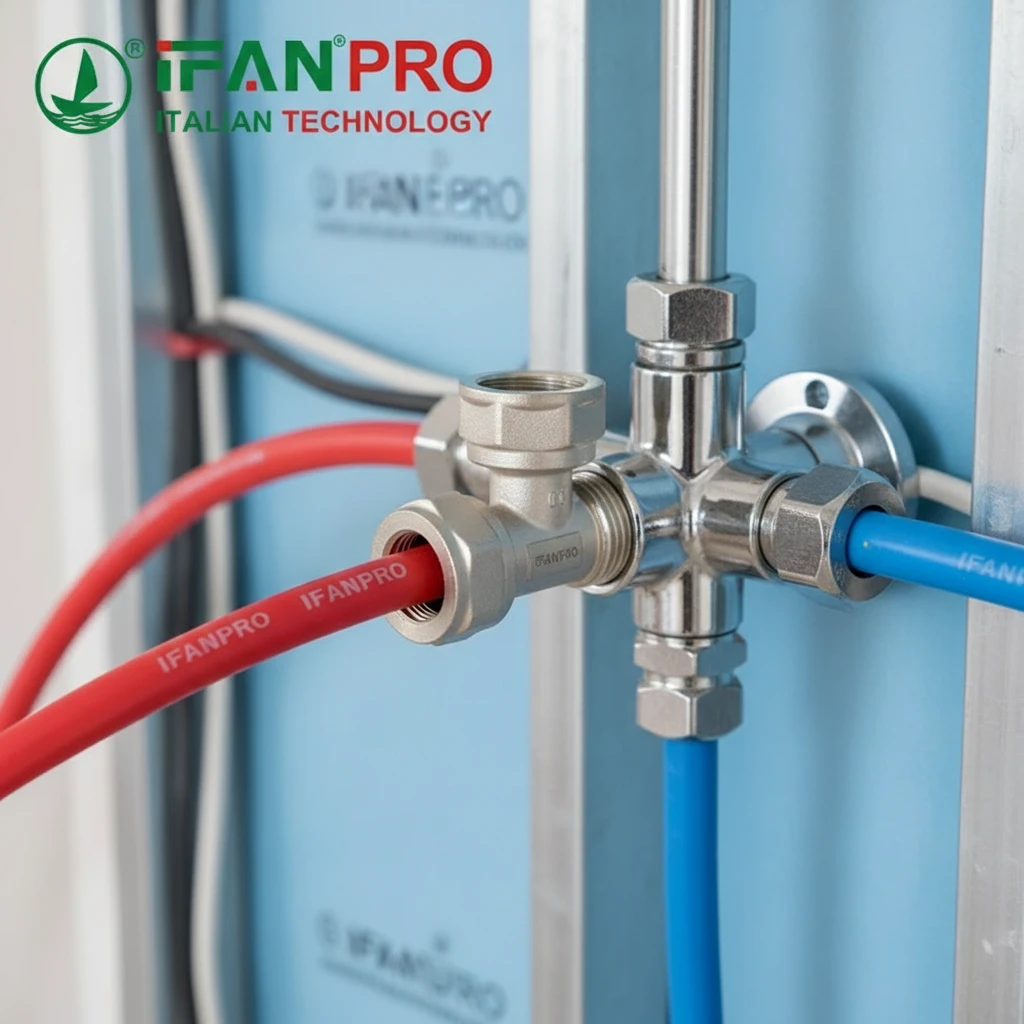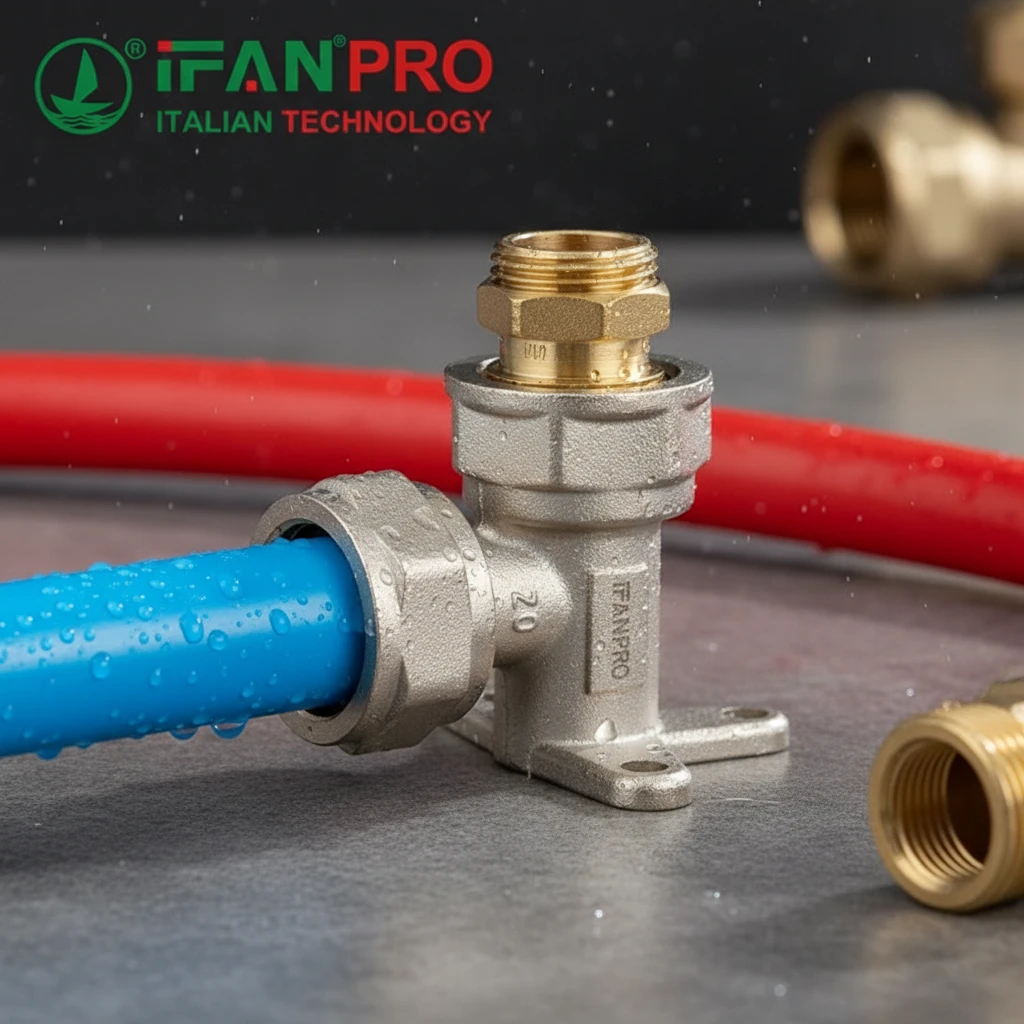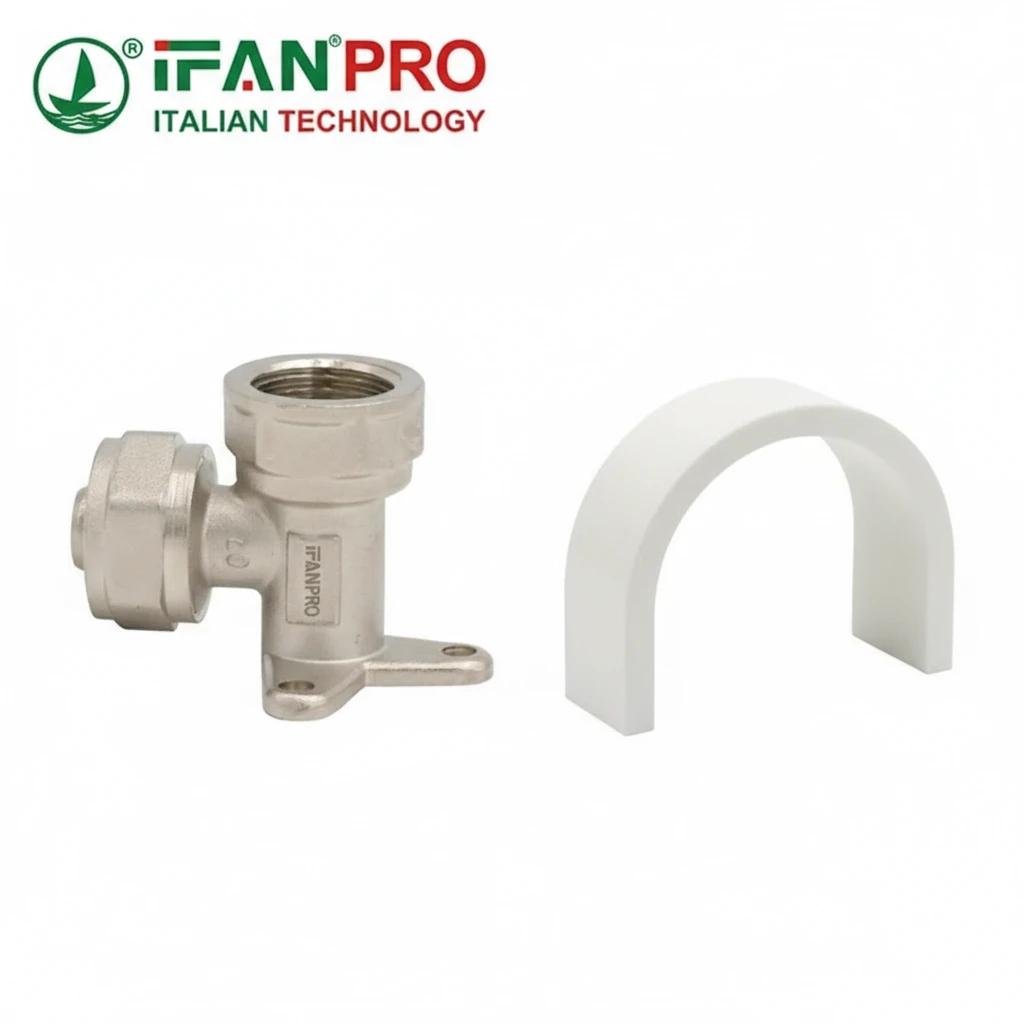1. Introduction
For industries dealing with chemical transportation, ensuring the safety and compliance of pipeline materials is of utmost importance. One common question that arises is whether PPR (Polypropylene Random Copolymer) pipes are FDA – approved for chemical use. In this blog post, we will delve into the details of FDA regulations, examine PPR pipes’ chemical resistance properties, and explore how they meet the requirements for various chemical applications.
2. Understanding FDA Approval for Plastics
2.1 What is FDA Approval?
The U.S. Food and Drug Administration (FDA) plays a crucial role in regulating materials that come into contact with food, drugs, and medical devices. For plastics used in such applications, the FDA evaluates their safety based on factors such as chemical composition, potential leaching of substances, and overall toxicity.
2.2 FDA’s Role in Chemical Applications
In the context of chemical transportation, the FDA’s approval is not a one – size – fits – all process. Instead, it focuses on the specific end – use and the types of chemicals that the material will come into contact with. The approval process involves a comprehensive review of the material’s properties and its compatibility with different chemicals.
3. PPR Pipes and FDA Compliance
3.1 PPR’s Chemical Resistance Profile
PPR pipes are well – known for their excellent chemical resistance. They can withstand a wide range of acids, alkalis, and solvents, making them a popular choice in chemical processing plants, laboratories, and other industrial settings. However, it’s important to note that the FDA approval for PPR pipes is not a blanket certification. Instead, it depends on the specific formulation of the PPR resin and the intended application.
3.2 FDA – Recognized PPR Resins
There are specific PPR resin grades that are recognized by the FDA for use in contact with certain chemicals. These resins are formulated to meet the FDA’s strict requirements regarding the migration of substances into the chemicals being transported. By using these FDA – recognized resins, manufacturers can ensure that their PPR pipes comply with the relevant regulations.

4. Key Factors for FDA Approval in Chemical Applications
4.1 Material Composition
The composition of the PPR resin is a critical factor in determining its FDA approval for chemical use. The FDA carefully examines the types and amounts of additives, catalysts, and other substances used in the manufacturing process to ensure that they do not pose a risk to human health or the integrity of the chemicals.
4.2 Leaching Studies
Extensive leaching studies are conducted to assess whether any substances from the PPR pipe can migrate into the chemicals. These studies involve exposing the pipes to various chemical conditions and measuring the levels of any leached substances. The results of these studies are used to determine if the pipes meet the FDA’s safety standards.
4.3 End – Use Compatibility
The FDA also considers the specific end – use of the PPR pipes. Different chemicals have different properties and may interact with the pipe material in different ways. For example, some chemicals may be more aggressive and require a higher level of chemical resistance. The FDA evaluates the compatibility of the PPR pipes with the intended chemicals to ensure safe transportation.
5. How ifan Pipeline Ensures Compliance
At [Yifan Pipeline], we are committed to providing our B – to – B customers with high – quality PPR pipes that meet the most stringent regulatory requirements. Here’s how we ensure compliance:
5.1 Selecting FDA – Recognized Resins
We only use PPR resins that are recognized by the FDA for use in chemical applications. This ensures that our pipes have the necessary chemical resistance and safety properties.
5.2 Conducting Rigorous Testing
Our PPR pipes undergo rigorous testing to meet international standards such as NSF/ANSI 61 and EN 12201. These tests evaluate the pipes’ mechanical properties, chemical resistance, and leaching characteristics.
5.3 Offering Customization Options
We understand that different industries have unique requirements. That’s why we offer customization services, including custom – sized pipes, special coatings, and tailored connection designs. Our team of experts can work with you to develop the right solution for your specific application.
6. Conclusion
PPR pipes can be FDA – approved for chemical use when they are made from the right resin formulations and meet the specific requirements of the intended application. Their excellent chemical resistance, durability, and compliance with international standards make them a reliable choice for a wide range of industries.
If you are looking for PPR pipes that are safe, reliable, and compliant with FDA regulations for chemical use, look no further than [ifan Pipeline]. Let us help you find the perfect pipeline solution for your business.













Recent Comments